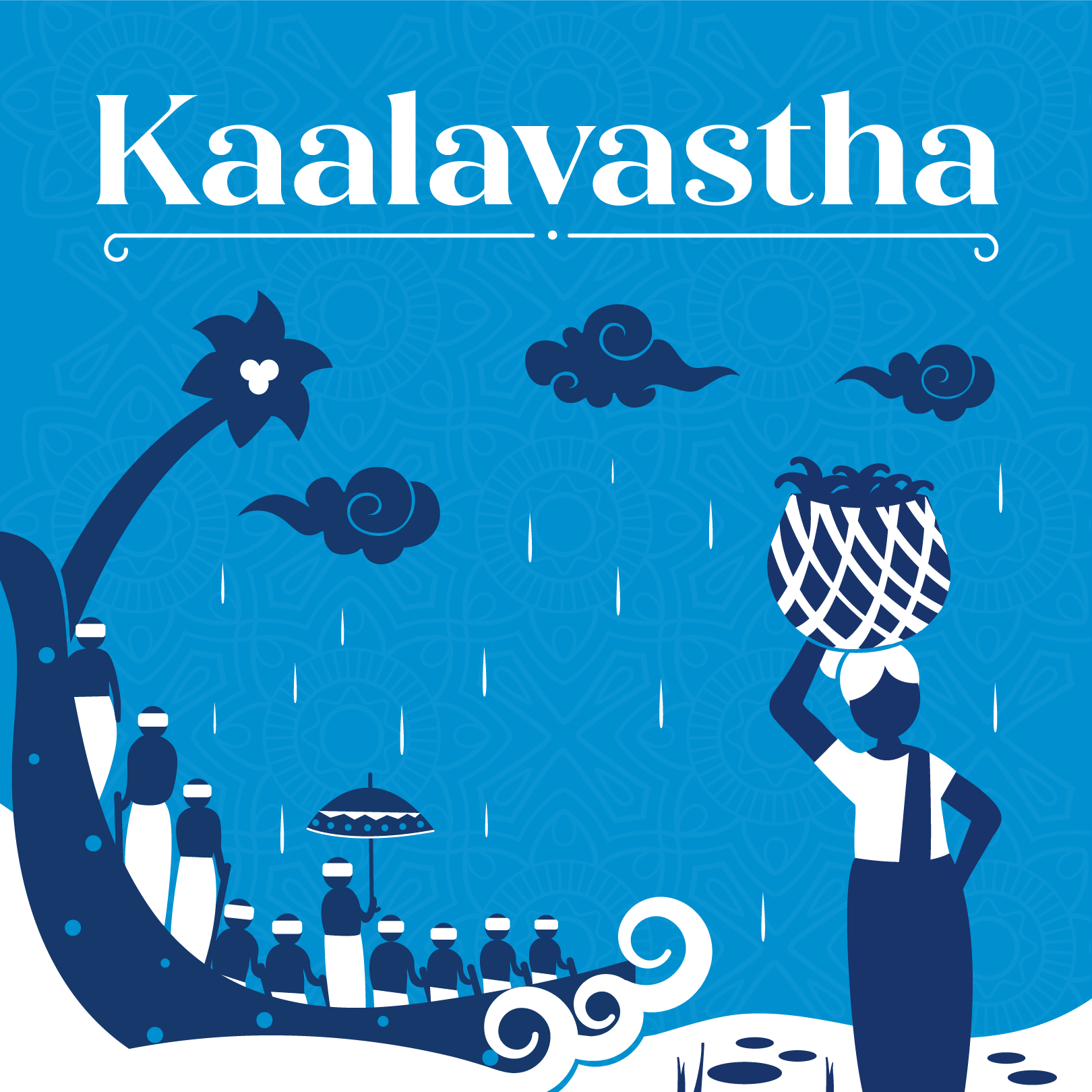If A River Doesn’t Flood, It Isn’t A River
Description
The Great Flood of 1924 is often considered a landmark moment in Kerala’s history, such that people who experienced it anchor their memories in relation to this event. Smaller floods occurred in 61, 84, 94. Then 2018 brought with it a once-in-a-century flood, with three times more rain than the Great Flood. With the rains came destruction - loss of property, culture, livelihoods, and life. Kerala’s identity seems to have been irrevocably changed by these 2018 floods. The romance about the rain has been replaced by a wariness, but also a drive for real change to build resilience and the proof of what can be achieved through the community surge of action. In this episode we look into Kerala’s changing relationship with its water, land, and geography. Will Kerala be able to reconcile the pulls between planning for the environment and the price of development?
Thanks to Viju B, Professor Srikumar Chattopadhyay, Sobha Viswanath, Sreeranganathan, Bala Menon, Heather Fernandes, and Illika Sahu. Kaalavastha is narrated by Radhika Viswanathan. It is researched, written and produced by Radhika Viswanathan and Samyuktha Varma. Erwick D’souza composed the music.
For more information go to [email protected] (mailto:[email protected])
Attributions: The following sounds from Freesound.org are attributable under the Creative Commons Attribution License: HEAVY_SMASH_001.wav by JoelAudio; QUICK_SMASH_002.wav vy JoelAudio; QUICK_SMASH_001.wav vy JoelAudio; GRUNT_002.wav by JoelAudio; Waves in small rocky cavern.flac by Phistomefel
More Episodes
Published 10/09/20
In this last and final episode of our 6-part series on climate change and the meaning of resilience, we delve into Kerala’s constant efforts to support social progress in parallel to its development journey. We look at the assets Kerala chose to develop preemptively, in anticipation of the next...
Published 10/09/20
Kerala’s economy relies heavily on things that are native and unique to the State - its natural resources, traditions, and heritage. It chose to skip the wave of industrialization, instead developing these other indigenous economies - the best known of which is tourism. Through some very clever...
Published 09/08/20


